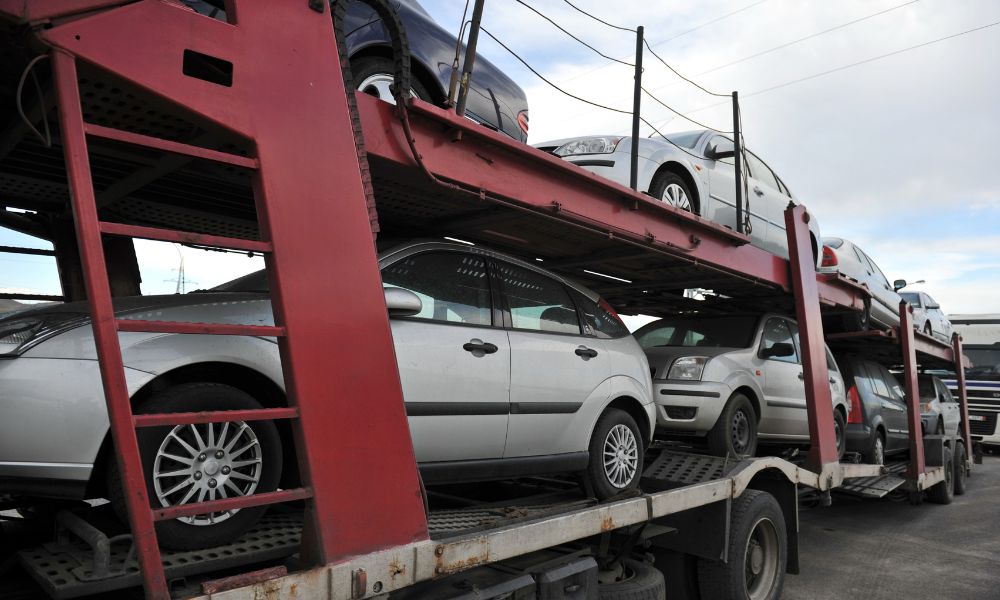ARAM Systems Ltd. v. NovAtel Inc. (2008 ABQB 441; 2009 ABCA 262; leave to appeal to the Supreme Court of Canada dismissed January 28, 2010) is a unique case as it marked the first time a Canadian court made a determination of inventorship of a US patent and other pending patent applications, including a Canadian patent application, relying on the American law of derivation.
In the spring of 2002, after reading an article about the use of Global Positioning Systems (GPS), an employee of ARAM Systems Ltd., David Heidebrecht, allegedly developed an idea to collect seismic data using GPS technology in areas of harsh environments. Heidebrecht applied for a US patent using GPS to address timing issues in seismic systems, but this application did not reference using assisted GPS to locate seismic geophones in harsh environments. In his search for a low-cost GPS receiver, Heidebrecht met with NovAtel (a leading supplier of GPS technology) and specifically Patrick Fenton, the company's Chief Technology Officer, in June 2003. Heidebrecht alleged he communicated his further idea to use assisted GPS to locate geophones in harsh environments to NovAtel and Fenton. After the June 2003 meeting, Fenton began to develop a proposal for using assisted GPS for both timing and positioning the seismic data acquisition in harsh environments. Fenton told Heidebrecht that he intended to apply for a US Provisional Patent. Fenton's proposal formed the substance of a US Patent Application, which issued on October 3, 2006 (US Patent No. 7,117,094). ARAM then claimed that NovAtel had wrongfully derived the subject matter of the (then-issued) US patent and pending patent applications from Heidebrecht, breached a non-disclosure agreement entered into between the parties and breached its duty of confidence. Damages in excess of $200 million were claimed. NovAtel filed a counterclaim seeking a declaration as to inventorship of the patent and breach of the non-disclosure agreement.
The trial commenced in October 2007 and extensive evidence on the US law of derivation from a number of US patent practitioners was led by each of the parties. The trial decision was rendered in July 2008 where the Alberta court accepted the application of US law and principles of derivation and held that Heidebrecht was neither an inventor nor co-inventor of US Patent No. 7,117,094. ARAM appealed the trial decision to the Court of Appeal of Alberta, which, in July 2009, upheld the trial judge's findings on derivation and dismissed the appeal on all grounds. An application for leave to appeal to the Supreme Court of Canada was dismissed on January 28, 2010.
McCarthy Tétrault LLP was counsel to NovAtel Inc., led by Timothy Ellam and Kara Smyth (Calgary). Assistance was provided by Matthew Wanford, Chelsea Reid and Adam Huff (Calgary) and Brandon Kain (Toronto). Ottawa agent for the Supreme Court leave application was Colin Baxter of Cavanagh Williams Conway Baxter LLP.
Gowling Lafleur Henderson LLP was counsel to ARAM Systems Ltd. led by D. Doak Horne and Shaun Cody (Calgary). Assistance was provided by Caryn Narvey (Calgary) and Alexander Macklin, QC (Ottawa appeal and SCC application). Ottawa agent for the Supreme Court application was Henry Brown, QC, of Gowling Lafleur Henderson LLP.
In the spring of 2002, after reading an article about the use of Global Positioning Systems (GPS), an employee of ARAM Systems Ltd., David Heidebrecht, allegedly developed an idea to collect seismic data using GPS technology in areas of harsh environments. Heidebrecht applied for a US patent using GPS to address timing issues in seismic systems, but this application did not reference using assisted GPS to locate seismic geophones in harsh environments. In his search for a low-cost GPS receiver, Heidebrecht met with NovAtel (a leading supplier of GPS technology) and specifically Patrick Fenton, the company's Chief Technology Officer, in June 2003. Heidebrecht alleged he communicated his further idea to use assisted GPS to locate geophones in harsh environments to NovAtel and Fenton. After the June 2003 meeting, Fenton began to develop a proposal for using assisted GPS for both timing and positioning the seismic data acquisition in harsh environments. Fenton told Heidebrecht that he intended to apply for a US Provisional Patent. Fenton's proposal formed the substance of a US Patent Application, which issued on October 3, 2006 (US Patent No. 7,117,094). ARAM then claimed that NovAtel had wrongfully derived the subject matter of the (then-issued) US patent and pending patent applications from Heidebrecht, breached a non-disclosure agreement entered into between the parties and breached its duty of confidence. Damages in excess of $200 million were claimed. NovAtel filed a counterclaim seeking a declaration as to inventorship of the patent and breach of the non-disclosure agreement.
The trial commenced in October 2007 and extensive evidence on the US law of derivation from a number of US patent practitioners was led by each of the parties. The trial decision was rendered in July 2008 where the Alberta court accepted the application of US law and principles of derivation and held that Heidebrecht was neither an inventor nor co-inventor of US Patent No. 7,117,094. ARAM appealed the trial decision to the Court of Appeal of Alberta, which, in July 2009, upheld the trial judge's findings on derivation and dismissed the appeal on all grounds. An application for leave to appeal to the Supreme Court of Canada was dismissed on January 28, 2010.
McCarthy Tétrault LLP was counsel to NovAtel Inc., led by Timothy Ellam and Kara Smyth (Calgary). Assistance was provided by Matthew Wanford, Chelsea Reid and Adam Huff (Calgary) and Brandon Kain (Toronto). Ottawa agent for the Supreme Court leave application was Colin Baxter of Cavanagh Williams Conway Baxter LLP.
Gowling Lafleur Henderson LLP was counsel to ARAM Systems Ltd. led by D. Doak Horne and Shaun Cody (Calgary). Assistance was provided by Caryn Narvey (Calgary) and Alexander Macklin, QC (Ottawa appeal and SCC application). Ottawa agent for the Supreme Court application was Henry Brown, QC, of Gowling Lafleur Henderson LLP.
Lawyer(s)
Matthew Wanford
Timothy St. J. Ellam
Brandon Kain
Colin S. Baxter
Kara Smyth
Shaun B. Cody
D. Doak Horne
Henry S. Brown
Caryn S. Narvey
Adam Huff
G. Alexander Macklin
Chelsea Reid




